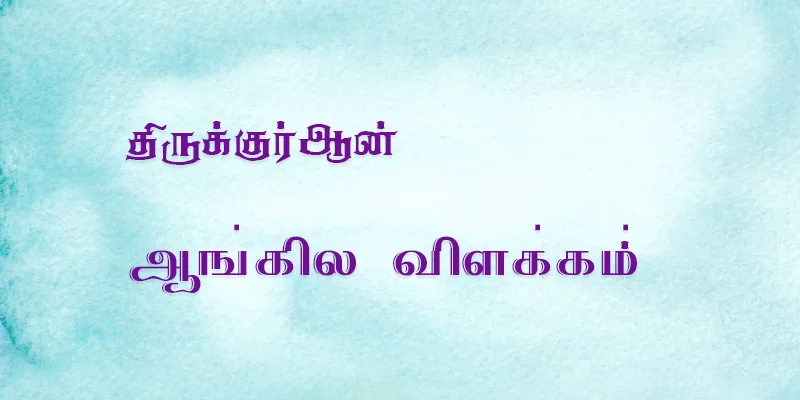386. The need for two witnesses while divorce is pronounced.
In this verse (65:2) of the Quran, Allah talks about an important condition for divorce to be legalised, and stipulates the presence of two honest witnesses while it is being pronounced. We come across instances where some Islamic scholars approve divorces pronounced through mail and phones.
Some people are of the idea that writing a letter of divorce in the presence of two witnesses or pronouncing it over the phone in the presence satisfies the condition stipulated in the Quran. But only the person who practically sees the divorced and the divorcer can be a witness.
Hence those who have not practically seen the wife that is being divorced, or not even aware of who the wife is, or, whether the husband is speaking to the wife, cannot stand witness as per the stipulation in the Quran. There is doubt whether a divorce pronounced via a video conferencing is valid since, the witnesses the divorcer and the divorcee can be seen. Some scholars argue since the act of pronouncing divorce can be seen on the screen, divorce via video conference is valid. This is a misconception. They have not considered this in the right perspective.
Though the pronouncer and the two witnesses can be seen in the video screen, we do not come to know the circumstance or the background details whether they are coerced or forced to do the same, or any technological manipulation is done in the video, whether it is a live video or a recorded one. Since there are a number of doubts to be cleared regarding such a video it does not pass scrutiny rendering the divorce pronounced invalid.
Divorce between a couple should be pronounced without fear or favor in the presence of two witnesses to become effective, if not it becomes null.
Making a temporary separation of their bed, advising the couple, and mediation by both the families to create an amicable atmosphere, needs to be carried out before divorce is declared. Only a person who has knowledge whether all such efforts had been carried out could be a witness to divorce.
Only a person who is close to both the families and who had initiated talks regarding the matter can know about whether such efforts have been made already.
And the mandatory duty of paying compensation to the divorced woman rests with the person who divorced her. This has been explained in point No;74. And this commitment needs to be monitored by an Islamic government or the local jamaat, hence the witnesses are required to testify in the presence of the jamaat.
Talaq or divorce, by post, SMS, e-Mail, video conferencing, etc., makes a mockery of Allah’s law on divorce.
A person’s testimony as a witness to one’s divorce is not justified unless he is satisfied himself about whether the divorcee has undergone all the disciplinary routines. Hence a person who has no knowledge of the issues involved between the couple should not stand as witness to their divorce.
Prophet Muhammad did not stand witness to an act committee by a person who bequeathed his entire property in favor of one son and laving the other high and dry. (Book: Bukhari 2650.)
Remaining witness to a man not maintaining the religious norms in case of divorce is similar.
Hence, many divorces pronounced in haste could be avoided, if certain procedures are followed as prescribed in Islam.
To know more about divorce in Islam please refer to points 66, 69, 70, 74, 402, 424.

